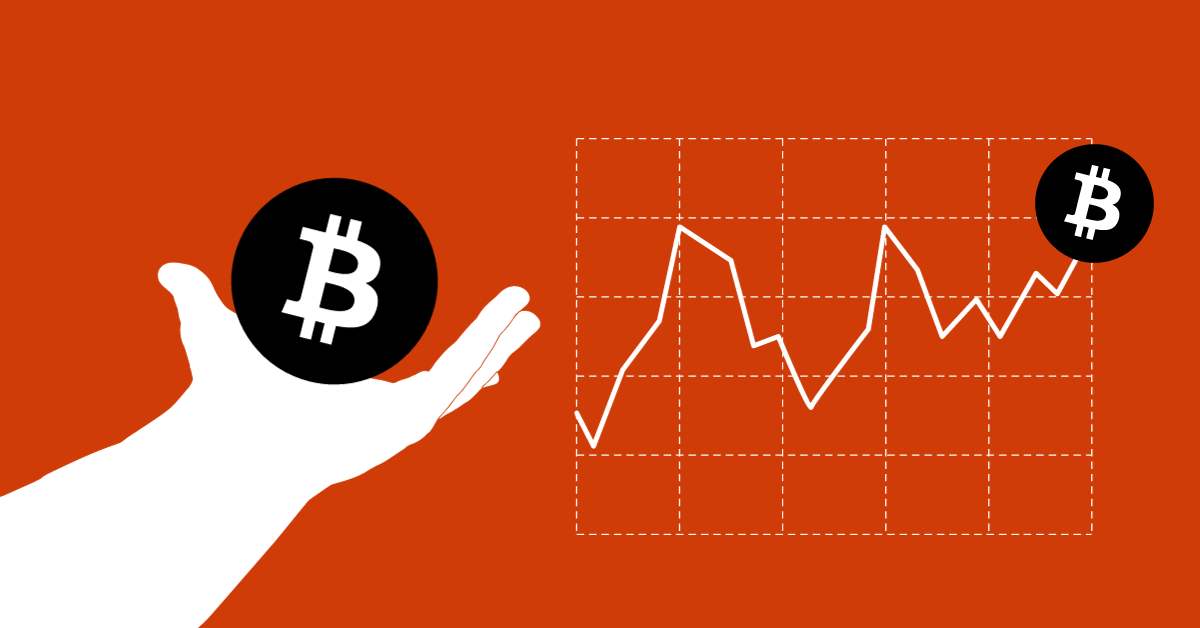The New Jersey General Assembly may consider a bill that would decide when a digital asset or “virtual currency’ is a security under state law.
All virtual currencies issued and sold to institutional investors would be considered securities in the U.S. state of New Jersey under the bill introduced by Democratic Assemblymember Herb Conaway, Jr. on Nov. 29. According to the short text of the bill, the legislation would supplement the New Jersey Uniform Securities Law, which currently makes no mention of virtual or digital currency or cryptocurrency.
The bill pertains only to institutional investors, which are defined as “a company or organization that invests money on behalf of other people.” It also specifies that stablecoins could be determined to be virtual currencies by the state’s Bureau of Securities.
Two other bills are pending in New Jersey that also affect crypto. The Virtual Currency and Blockchain Regulation Act would provide regulation for consumer digital assets and decentralized autonomous organizations. It recently passed both houses of the New Jersey legislature and is currently awaiting action by the governor.
In addition, the Digital Asset and Blockchain Technology Act would require the state Department of Treasury to review and approve a digital payment platform for state-approved businesses “that do not have access to traditional financial services and are forced to operate in cash-only or cash-heavy environments.” The platform would use a virtual currency pegged to the U.S. dollar and would facilitate audits, compliance and local tax payments.
Assemblymember Conaway’s office declined to comment on his bill when approached by Cointelegraph.
DePIN, or Decentralized Physical Infrastructure Networks, is gaining traction in the Web3 industry, promising to leverage blockchain, Internet of Things, and physical infrastructure for the common good of participants and, ideally, the world at large. DePIN’s addressable market is currently valued at ~$2.2 trillion and can reach ~$3.5 trillion by 2028, according to Messari.
Why is Bitcoin price up today?
In this interview, Raullen Chai, Co-founder of IoTeX, discusses the current state of the DePIN landscape and how DePIN is blurring the lines between the digital and physical realms.
Cointelegraph: DePIN is expected to be one of the biggest trends in the near future. Could you please explain its significance and what it actually represents?
Raullen Chai: DePIN, or Decentralized Physical Infrastructure Networks, is transforming how we build and maintain real-world infrastructure by adding the power of the internet and blockchain. It’s the next stage in the evolution of the Internet of Things, providing much broader access and governance to participants. At IoTeX, we’re big believers in the idea that the infrastructure of the future should be open, permissionless, and built by as many network participants as possible.
DePIN is an ideal example of a fair “sharing economy”: it allows individuals and companies to build and deliver services while earning financial benefits and ownership shares through token incentives in global marketplaces 24/7. It also unleashes new levels of innovation across multiple industries by removing barriers to entry. For example, DePIN sharing economies can create the next decentralized Uber or Airbnb as well as the democratic version of OpenAI and ChatGPT, powered and owned by its contributors.
CT: In the DePIN ecosystem, what is the function of the blockchain and middleware, and which protocols are essential to the current DePIN landscape?
RC: The blockchain layer acts as a composability medium for data and networks, as it’s critical for token settlement, reward distribution, and service exchange. We can identify three types: DePIN-specific blockchains, general-purpose, and app-chain.
For example, IoTeX combines its scalable blockchain, off-chain compute middleware for DEPIN verification, and open hardware built for DePIN needs. On the other hand, general-purpose blockchains such as Ethereum, Solana, and Polygon provide a flexible and secure foundation for various DApps and smart contracts. App-chain blockchains, as seen in ecosystems such as Polkadot and Cosmos, allow the creation of specialized chains for different services, increasing efficiency and integration within the DePIN ecosystem.
The middleware layer acts as the connectivity fabric enabling seamless interaction between the decentralized digital realm of blockchains and existing physical-world infrastructure. It is a critical component enabling true decentralized orchestration across storage, routing and computing.
For example, decentralized storage such as Filecoin enables permissionless persistence of critical system data powering DePIN operations and governance. Decentralized data routing like Streamr or NKN and computing including IoTeX W3bstream allows open participation in transmission, analytics, and proof logic across DePIN devices and applications – uniquely bridging decentralized properties of transparency, resilience and coordination to real-world infrastructure.









